Best crm software for commercial real estate – The commercial real estate (CRE) industry is highly competitive. To thrive, brokers, agents, and firms need efficient tools to manage leads, track deals, and nurture client relationships. A robust Customer Relationship Management (CRM) system is no longer a luxury; it’s a necessity. This comprehensive guide explores the best CRM software options specifically designed for the unique needs of the CRE sector, helping you choose the perfect solution to streamline your operations and boost your bottom line.

Source: kenyt.ai
Understanding the Needs of a CRE CRM
A standard CRM might not cut it in the complex world of commercial real estate. CRE deals are typically larger, more complex, and involve multiple stakeholders. Therefore, your CRM needs to offer specific features that address these challenges. Key features to look for include:
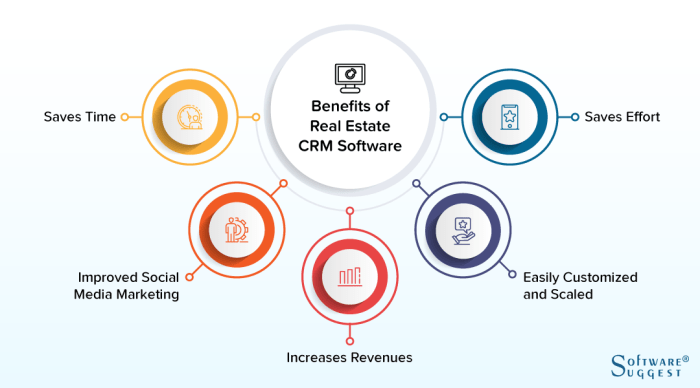
Source: amazonaws.com
- Robust Contact Management: Ability to store detailed information on clients, prospects, and partners, including contact details, transaction history, property preferences, and communication logs.
- Deal Tracking and Pipeline Management: Visual representation of the sales pipeline, allowing you to monitor deal progress, identify bottlenecks, and forecast revenue accurately. This often includes customizable stages and the ability to assign deals to specific team members.
- Property Management Integration: Seamless integration with property listings, allowing you to easily access and share property details with clients. This often involves features for managing property information, including photos, floor plans, and marketing materials.
- Document Management: Centralized storage and access to important documents like leases, contracts, and financial statements, ensuring all relevant information is readily available to the relevant parties.
- Collaboration Tools: Features enabling seamless communication and collaboration within your team and with clients, including shared calendars, task assignments, and internal messaging.
- Reporting and Analytics: Comprehensive reporting capabilities to track key metrics such as deal closure rates, revenue generated, and team performance, providing valuable insights for strategic decision-making. This often includes custom report generation.
- Marketing Automation: Tools to automate marketing tasks, such as email campaigns, property alerts, and market updates, fostering stronger client relationships and increasing lead generation.
- Mobile Accessibility: Access to your CRM data from anywhere, anytime, via a mobile app, enabling you to stay connected with clients and manage deals on the go. This is particularly crucial in a fast-paced industry like CRE.
- Integration with other tools: Ability to integrate with other essential tools used in your workflow, such as email clients, accounting software, and marketing platforms.
Top CRM Software for Commercial Real Estate
The market offers a variety of CRMs, each with its strengths and weaknesses. Here are some of the leading contenders, catering to different business sizes and needs:
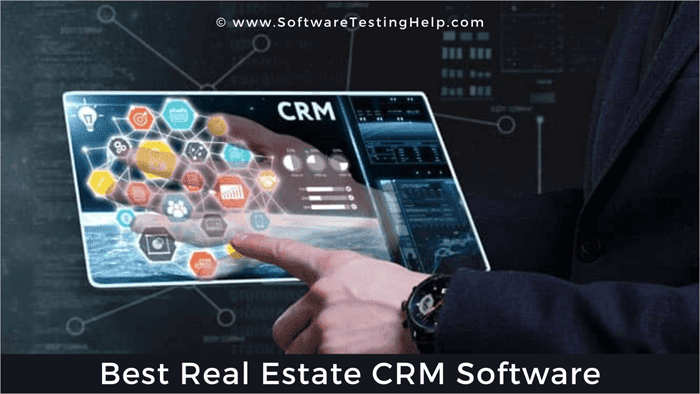
Source: softwaretestinghelp.com
1. Salesforce
Salesforce is a powerful and highly customizable CRM platform known for its extensive features and scalability. While it’s a robust option, it may require significant investment and technical expertise to implement and manage effectively. Its strength lies in its flexibility and extensive app ecosystem, allowing for tailored solutions to meet specific CRE needs. It’s a good choice for larger firms with complex needs.
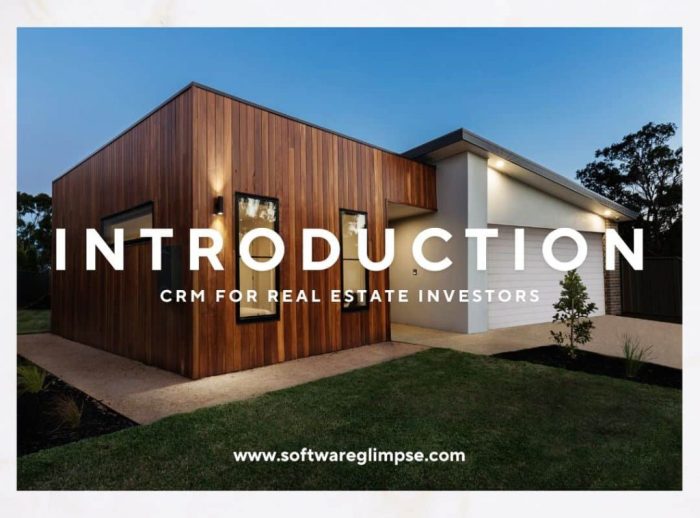
Source: softwareglimpse.com
2. HubSpot
HubSpot offers a comprehensive suite of marketing, sales, and service tools, including a robust CRM. It’s known for its user-friendly interface and powerful marketing automation capabilities. Its free plan makes it an attractive option for startups, while its paid plans offer increased functionality for growing businesses. HubSpot’s strength is its all-in-one approach, integrating marketing and sales efforts seamlessly.
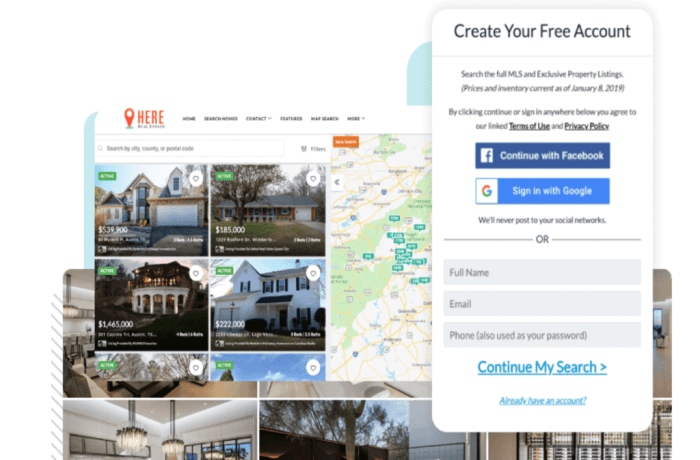
Source: quicksprout.com
3. Zoho CRM, Best crm software for commercial real estate
Zoho CRM is a cost-effective and feature-rich CRM solution popular for its affordability and ease of use. It offers a good balance between functionality and price, making it suitable for small to medium-sized CRE businesses. Its strengths lie in its intuitive interface and wide range of integrations.
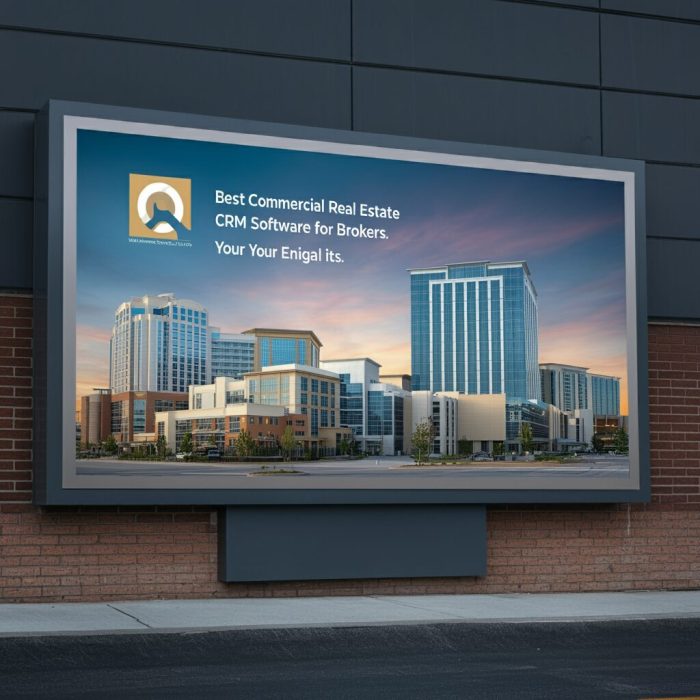
Source: ideasplusbusiness.com
4. Copper CRM
Copper is a CRM specifically designed for Google Workspace users, seamlessly integrating with Gmail, Google Calendar, and other Google apps. This integration makes it particularly user-friendly for those already heavily invested in the Google ecosystem. Its simplicity and ease of use make it a good option for smaller teams.
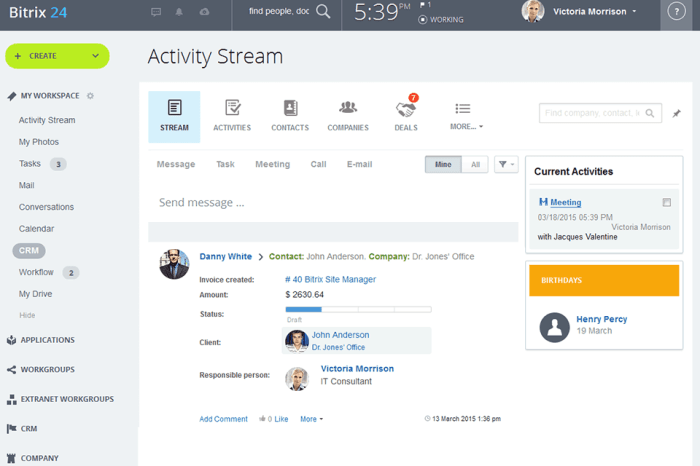
Source: fixthephoto.com
5. Realvolve
Realvolve is a CRM specifically built for the real estate industry, including commercial real estate. It offers features tailored to the unique needs of real estate professionals, such as property management tools and lead tracking specific to the CRE market. Its strength lies in its industry-specific features and streamlined workflow for real estate transactions.
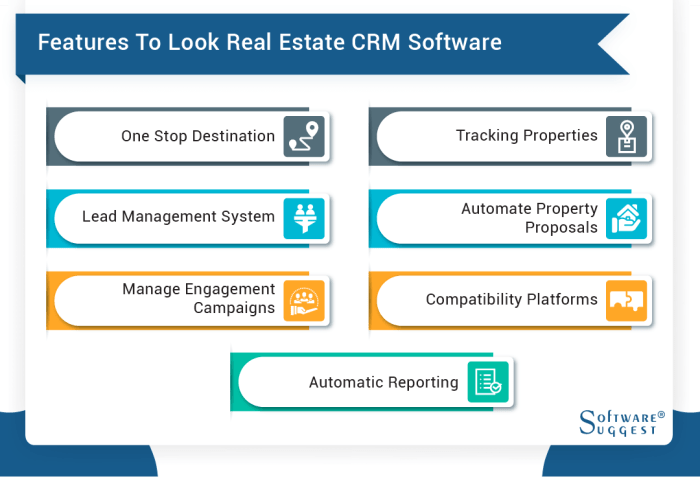
Source: amazonaws.com
Choosing the Right CRM for Your CRE Business
Selecting the right CRM depends on several factors, including:
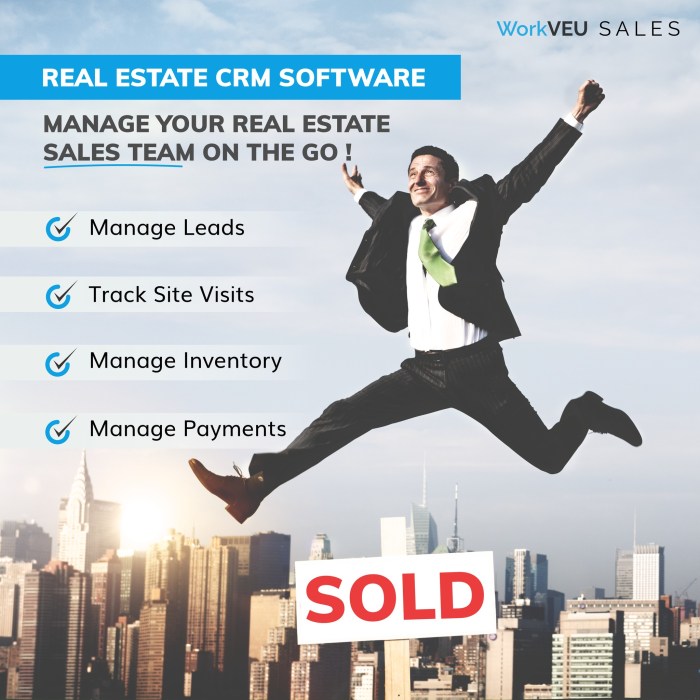
Source: amazonaws.com
- Budget: Consider the cost of the software, including licensing fees, implementation costs, and ongoing maintenance.
- Business Size and Complexity: Choose a CRM that scales with your business growth and can handle your current and future needs.
- Team Size and Technical Expertise: Consider the ease of use and the level of technical support required.
- Integration Needs: Ensure the CRM integrates seamlessly with other essential tools you use.
- Specific Features: Prioritize the features most critical to your business operations, such as deal tracking, property management, and marketing automation.
Frequently Asked Questions (FAQ): Best Crm Software For Commercial Real Estate
- Q: What is the best CRM for small commercial real estate firms? A: HubSpot (for its free plan and ease of use) or Zoho CRM (for its affordability and features) are good options for smaller firms.
- Q: How much does a commercial real estate CRM cost? A: Prices vary significantly depending on the vendor, features, and number of users. Some offer free plans with limited functionality, while others charge monthly or annual subscription fees that can range from a few hundred to thousands of dollars.
- Q: Can a CRM help me improve my lead generation? A: Yes, many CRMs offer marketing automation features that can help you nurture leads, send targeted email campaigns, and track your marketing efforts’ effectiveness.
- Q: How can I integrate my CRM with my existing accounting software? A: Most reputable CRMs offer integrations with popular accounting software through APIs or third-party apps. Check the CRM’s documentation for details on available integrations.
- Q: What are the key performance indicators (KPIs) to track in a CRE CRM? A: Key KPIs include deal closure rate, average deal size, revenue generated, lead conversion rate, and marketing ROI.
Conclusion
Investing in the right CRM is a crucial step towards improving efficiency, boosting productivity, and ultimately increasing profitability in the competitive commercial real estate market. By carefully considering your specific needs and evaluating the available options, you can find a solution that empowers your team and helps you achieve your business goals. Remember to leverage the reporting and analytics features to track your progress and make data-driven decisions.
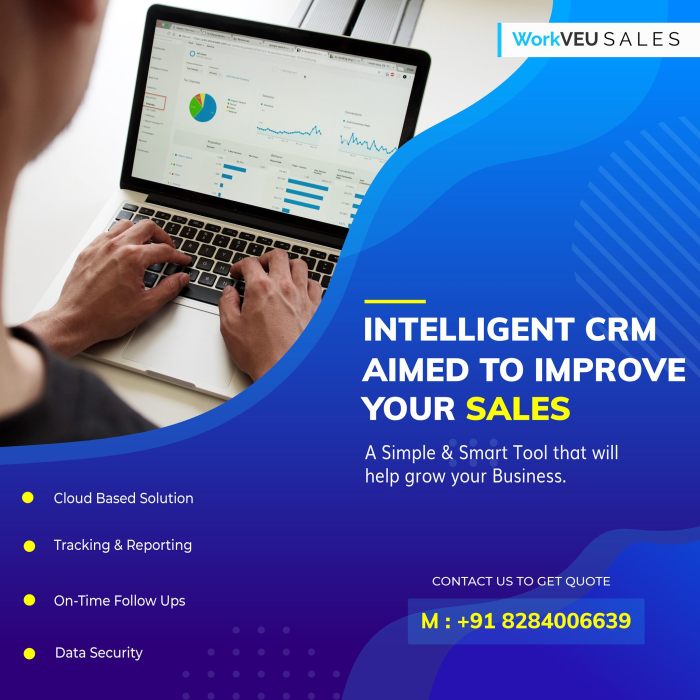
Source: amazonaws.com
Resources
Call to Action
Ready to transform your commercial real estate business? Explore the CRM options discussed above and choose the one that best fits your needs. Start your free trial or schedule a demo today and experience the power of a dedicated CRE CRM!

Source: amazonaws.com
FAQs
What are the key features to look for in a commercial real estate CRM?
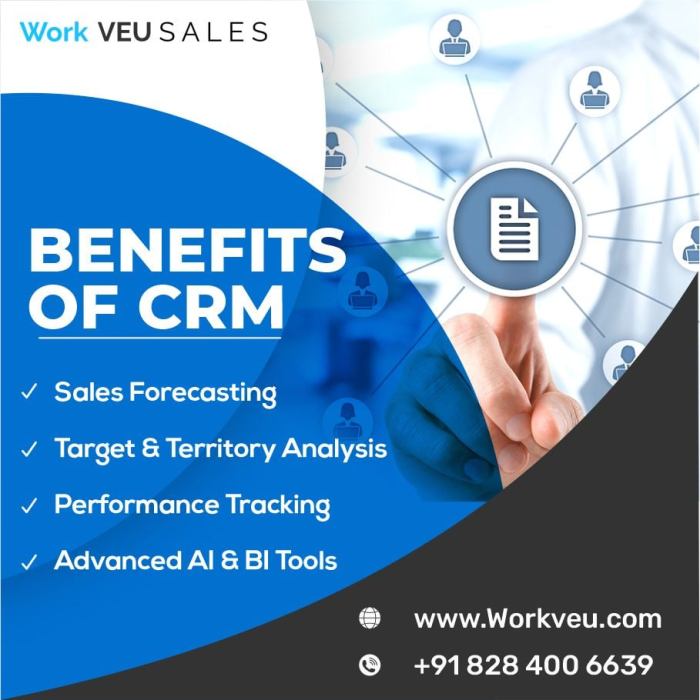
Source: amazonaws.com
Essential features include contact management, deal tracking, lead management, reporting and analytics, marketing automation integration, and property management system integration.
How much does commercial real estate CRM software typically cost?
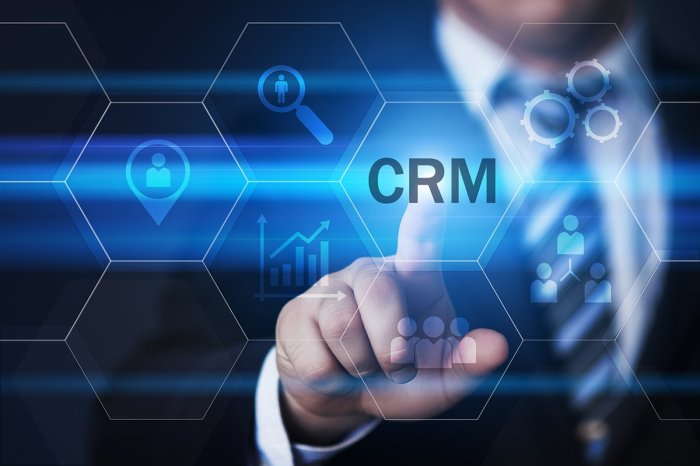
Source: thebrokerlist.com
Pricing varies greatly depending on features, scalability, and the vendor. Expect to find options ranging from affordable monthly subscriptions to more expensive enterprise solutions.
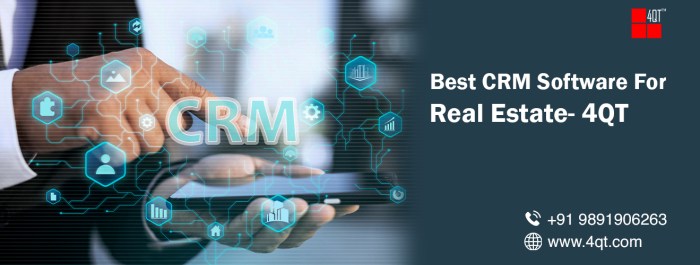
Source: 4qt.com
Can a CRM help improve my sales team’s performance?

Source: straight.com
Absolutely. A well-implemented CRM provides better lead organization, improved communication, and data-driven insights, all of which directly contribute to increased sales productivity.
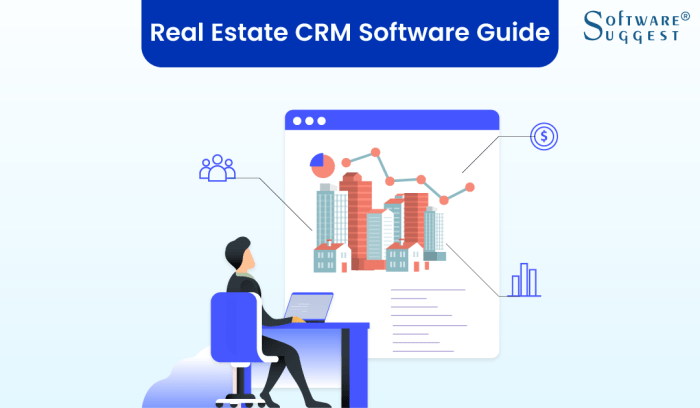
Source: amazonaws.com
How do I choose between cloud-based and on-premise CRM solutions?
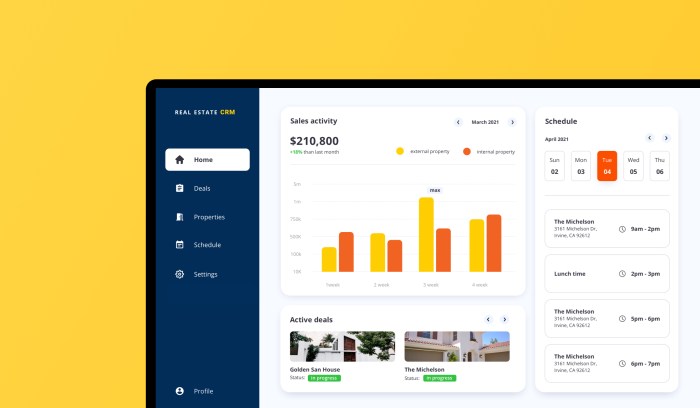
Source: leobit.com
Cloud-based CRMs offer accessibility, scalability, and cost-effectiveness. On-premise solutions provide greater control but require more IT infrastructure and maintenance.
